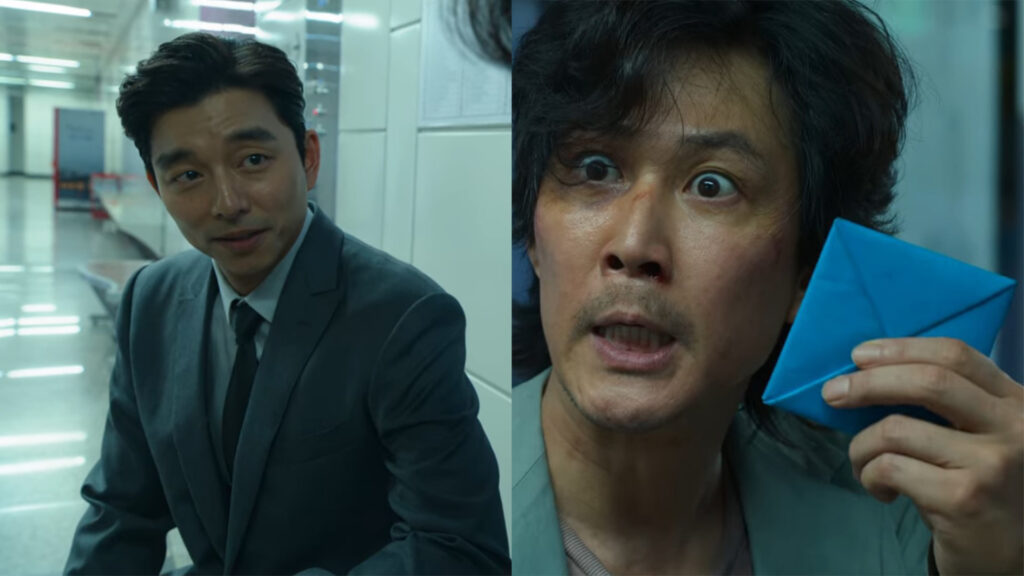The latest global sensation to come out of Netflix is the Korean suspense drama Squid Games. It has become a favourite among Asian viewers, but it is also trending at no. 1 in the U.S. and U.K. alike.
With K-pop and Korean movies like Parasite claiming global attention previously, it will be no surprise to see more from Korean entertainment making a way towards Hollywood and the big media houses.
With Squid Games’ rather disturbing take on some popular childhood games, many viewers could not help but wonder if it were a real game.
Breath a sigh of relief as we tell you that although the Squid Game is very much real, it does not come with any of the gruesome twists that the show has to offer.
It was a harmless childhood game, as are many of the others featured in the season, that is claimed to have come into being in the 1970 and ’80s after the war when infrastructure was not so developed, and plains of sand made a significant part of the landscape.
To satiate curiosity, we have put together the list of games featured in the Squid Games along with their gameplay. Spoiler alert if you have watched the finale! Sneaking a peek will only ruin the charm for you!

In the Pog/Ddakji, two players compete against each other using paper pieces. They hit them on the ground in an attempt to flip the other player’s piece of paper. If one player flips the opponent’s paper piece over, they get to keep the token.
The Korean version is called Mugunghwa Flower Is Blooming (Mugunghwa is a Hibiscus flower in Korean). It is a very orderly game that relies on the caller reciting the exact phrase over and over. At the same time, the players move forward towards the finish line until the caller stops.
The speed of uttering the words changes, thereby compelling cautious players to move quickly yet maintain their rhythm so they cannot break the momentum once the caller abruptly stops. The tempo of saying the phrase will speed up, making it more and more difficult as time.
Ppopgi is a Korean word that means to pluck. It is a typical snack in Korea shaped like a fun object to attract customers and sold by street vendors all over the country for less than $1.
Customers are given a needle to pluck their desired shape, requiring absolute concentration as the slightest mistake breaks the fragile disk of sugar. Children go wild in hopes of plucking their favourite shapes and offer money after money in an attempt to win prizes if successful in plucking the shape correctly.
Called Juldarigi (rope pulling in Korean), no one around the world would be a stranger to this game. It is a part of almost every festival and event. It is a popular recreational activity in schools and picnics. It is a fun activity for kids and instils a need to grow stronger to win the game. Played mainly during the Lunar Festival in Korea, it brought a plentiful harvest to the winning team.
The glass bridge is not as much of a game as it reflects the labourers hit hardest by the state of the global economy. The show represents the stage where the contestants are now a mere amusement for the worthy viewers who have witnessed the performance.
It is played on a board drawn with a stick in the sand. The players separate into an attack and a defence group. The Attack group is allowed to move on one leg and must unlock the use of both feet. They can then reach the home square.
As mentioned above, all of the games come with their own twists and turns in the show, but at the core, they depict how far a man can go to end his trying times.
Are you as invested in the show as the rest of the world? Is the theme of the show intriguing for you? Let us know in the comments below once you are done binge-watching this recent sensation in the world of entertainment around the globe.